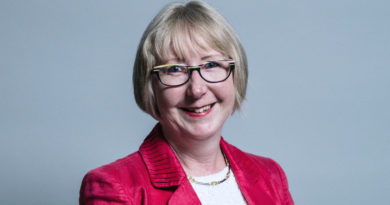Caroline Lucas – 2016 Parliamentary Question to the Department for Exiting the European Union
The below Parliamentary question was asked by Caroline Lucas on 2016-10-20.
To ask the Secretary of State for Exiting the European Union, what assessment he has made of the potential effect on (a) opportunity for students and (b) universities in general of not having access to the (i) Erasmus and (ii) Interreg programmes after the UK leaves the EU.
Mr Robin Walker
We have been clear that we want to create an environment in which the UK as a whole can continue to be a world leader in research, science and the tertiary education sector more broadly. The government has already announced that UK researchers can still apply for Horizon 2020 funding projects while the UK is a member of the EU and the Treasury will underwrite the payment of such awards, even when specific projects continue beyond the UK’s departure from the EU. The Treasury will also guarantee funding for European Territorial Cooperation projects signed before we leave the EU and which continue after we have left, where they provide strong value for money and are in line with domestic strategic priorities. Horizon 2020 funding supports collaboration between EU Member States or Associated countries.
Leaving the EU means we will want to take our own decisions about how to deliver the policy objectives previously targeted by EU funding. We will consult with stakeholders to review all EU funding schemes in the round, to ensure that any ongoing funding commitments best serve the UK‘s national interest, while ensuring appropriate investor certainty.
The UK remains a member of the EU until our withdrawal is completed. There is no change to those currently participating in, or about to start, programmes such as Erasmus+ exchanges. Erasmus+ is open to a number of countries across Europe and beyond. We are not going to provide a running commentary on every twist and turn of the negotiations, but we will work hard to get the best deal for Britain, its universities, and the wider research sector.

